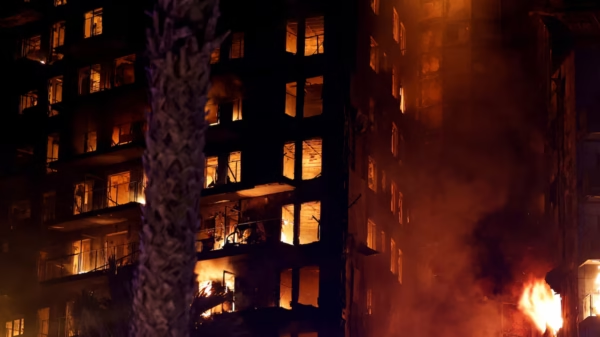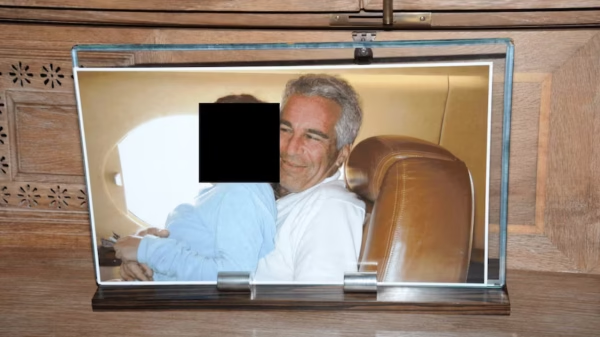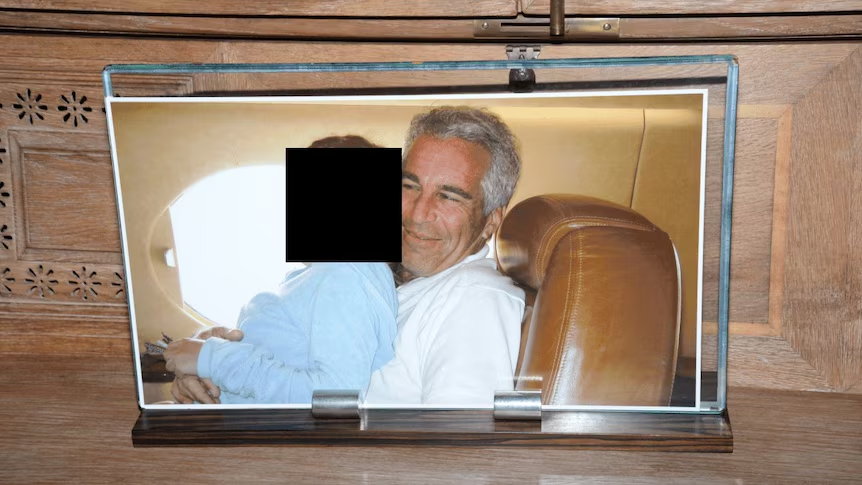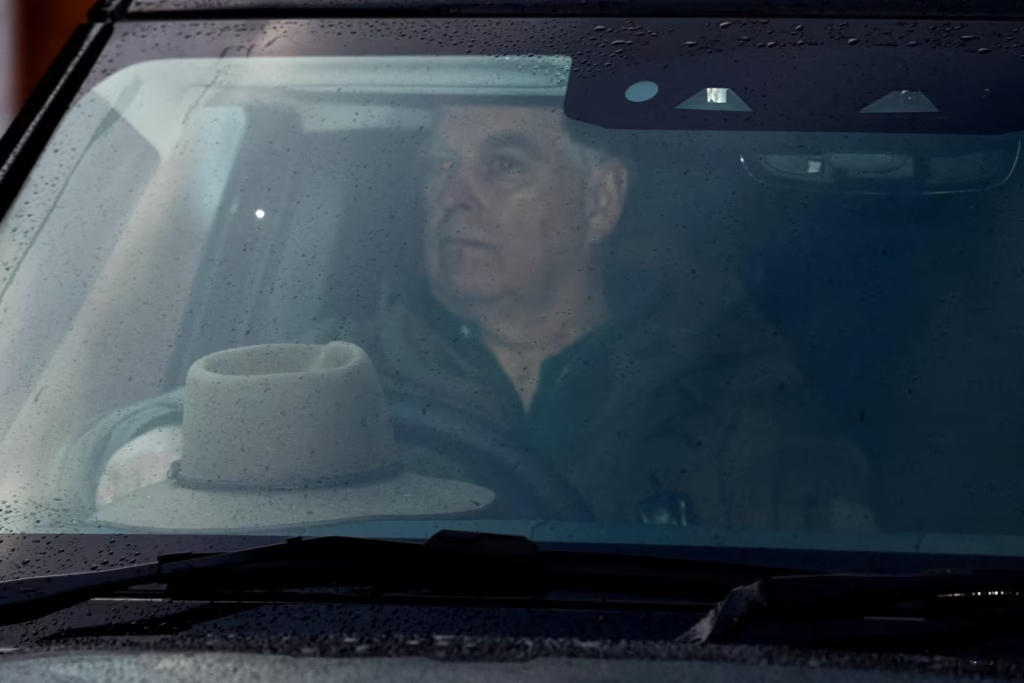When a father is executed, the attention often centers on the victim, the accused and the legal system. But what about the children left behind? In Missouri, several young people who grew up with a parent on death row now face the complex aftermath: their dad’s imminent death, the execution room and the quiet, ongoing sorrow that follows. These voices offer a rare glimpse into the emotional terrain of capital punishment’s collateral damage.
Hidden Victims: Life On and Beyond Death Row
For 27-year-old Summer Shockley, visits to her father — convicted of killing a state trooper and later executed — were imbued with love, fear and a looming finality. She and her sister travelled through central Missouri to see him at Potosi Correctional Center, where visitors once ate lunch, played games and held hands in prayer during a special visitation day. Yet even then, the execution date stood like an unspoken shadow.
Her childhood was marked by awkward questions from classmates, long drives, and the knowledge that “dad” might not come home. Ultimately she watched the execution — an event that crystallised years of denial and grief.
Meanwhile, for others, the experience was similar but distinct. One man described watching his father’s arm collapse onto a gurney inside the chamber. Another young woman learned she was pregnant just months before learning her father’s execution date — the final memory of him forever etched in regret.
These children often feel disconnected from mainstream narratives of victimhood, as their suffering is neither tracked nor widely acknowledged.
Grief Without A Name: When Loss Isn’t Recognised
Mental-health experts emphasise that the mourning experienced by these children is “disenfranchised” — not officially recognised in the way other losses are. The parent’s crime makes the grief complicated. The path to closure is seldom acknowledged by courts, social services or public policy.
The children describe depression, anger, invisibility and enduring questions about justice. They are the quiet by-products of a system focused on retribution, and their emotional wounds are rarely seen or treated. One teenage daughter visited her father often, played games in the visitation room and shared mundane life updates with him — only to walk away on the day of his execution with the final image she never wanted.
Faith played a role for some — helping them bond with their incarcerated father and later find meaning in the aftermath. But even spiritual grounding couldn’t erase the feeling of being abandoned, of watching the one person who guided you vanish from your life in a single moment.
Looking Ahead: Untold Needs and Unmet Support
As capital punishment cases continue, the children of those executed remain a largely invisible group with unique needs. There is no systematic tracking of how many young people are affected, no dedicated support programmes and little public discourse. One advocate says the “hidden costs” of the death penalty must include the children left behind — not just victims of the crime, but survivors of the system.
These young people call for recognition, counselling that understands their context and a social safety net that acknowledges their rare kind of loss. Without those supports, they continue to carry grief into adulthood, raising children of their own while still wrestling with the trauma of their father’s final hour.




















































